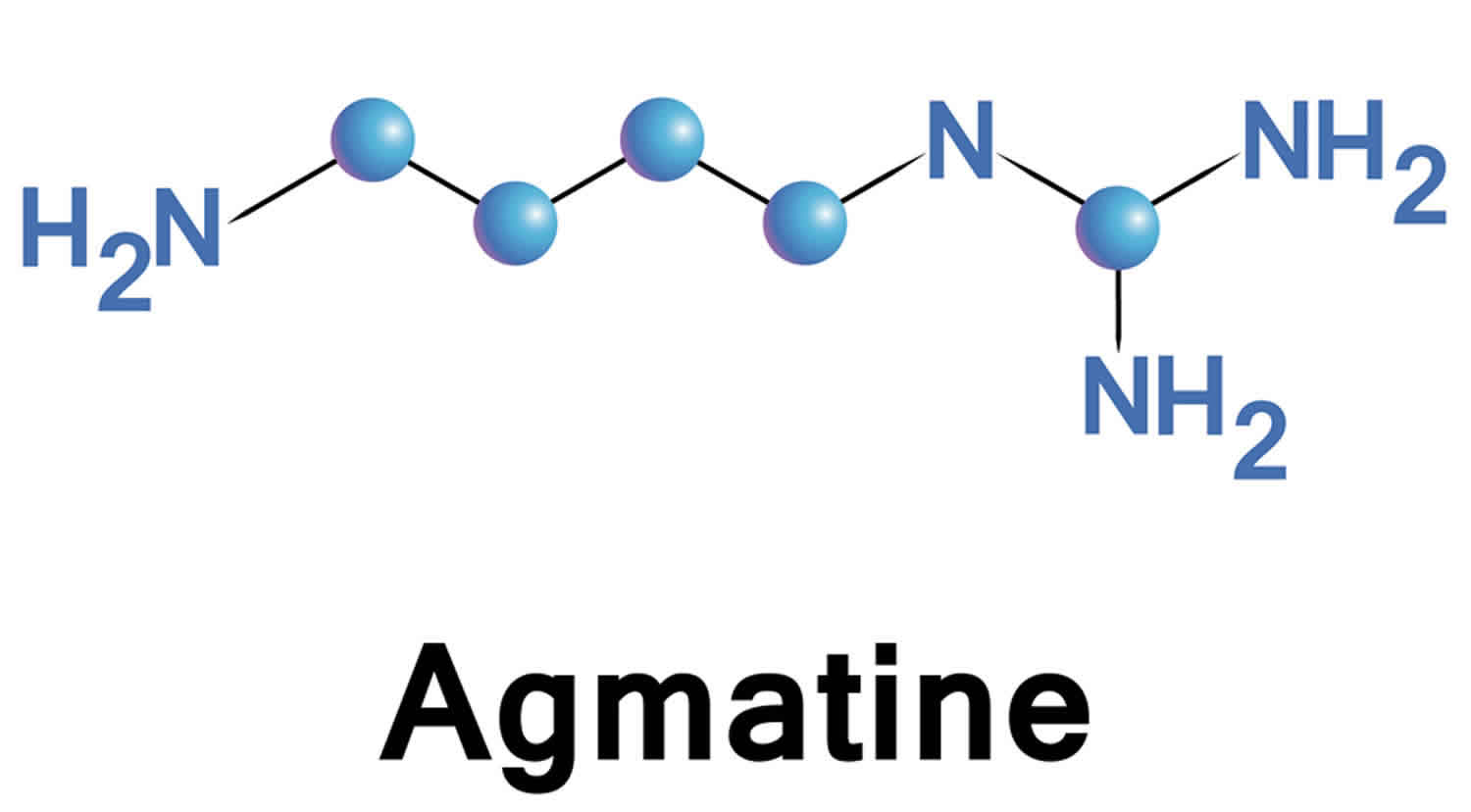Agmatine has made its way onto various preworkout ingredients, but can it live up to its hype?
Although it can be sold as a standalone supplement, Agmatine — often sold as Agmatine Sulphate — can offer performance enhancing qualities.
Found in almost every living organism, let’s see if it’s really all it’s meant to be.
What is Agmatine?

Agmatine is made from the amino acid Arginine as a neuropathic metabolite and is found in bacteria, plants, animals, and humans.
Arginine, known for its poor oral bioavailability, is a common preworkout ingredient.
As Agmatine manages various different chemicals and pathways in the brain, it has shown promise to improve nerve and cognitive function. Agmatine is stored in the neurons and is considered to be a neurotransmitter and neuromodulator.
It is often taken orally to help quell the symptoms of depression, nerve pain, drug addiction, and in an athletic capacity.
There are several current usages for Agmatine, however, more clinical evidence is required to support these usages. These include:
- herniated disc
- athletic performance
- drug addiction
- anxiety
- depression
- schizophrenia
- seizures
- nerve pain
- autism
- Parkinson’s
According to Examine:
Agmatine has several mechanisms. It can inhibit N-methyl-D-aspartate (NMDA) and nicotinic acetylcholine receptors, as well as activate imidazoline receptors. Agmatine can also inhibit nitric oxide synthase enzymes, which allows it to regulate elevated levels of nitric oxide. Agmatine can inhibit calcium channels and certain serotonin receptors as well. Further research is needed to determine the full extent of agmatine’s mechanisms.
There is a lot of animal evidence to suggest agmatine is a highly promising research chemical. It is not a common supplement because there is a lack of human evidence for its effects. Several studies have been done on people, but the majority use agmatine injections, not oral ingestion. Research must establish that agmatine’s effects will work following oral ingestion in order for wide-scale supplementation to be considered.
For athletes, Agmatine can tap into the nitric oxide pathway — similar to Arginine at higher dosages. This could signify greater pumps and enhanced endurance for those who consume supplements containing this exciting ingredient.
What Agmatine can do for athletes:
- Better Pumps
- Increased blood flow
- Nutrient partitioning
- Water retention in muscles
- Increased glycogen storage in muscles
Any Side Effects?
More evidence is required to confirm any potential side effects, but nausea and stomach pain have been reported by some users — presumably at higher dosages, like with magnesium and other supplements.
However, one study confirmed:
There is presently a great interest in the therapeutic potential of agmatine, decarboxylated arginine, for various diseases. Recent clinical studies have already shown that oral agmatine sulfate given for up to 3 weeks provides a safe and, as compared with current therapeutics, more effective treatment for neuropathic pain. These studies have ushered in the use of dietary agmatine as a nutraceutical.
However, in view of information paucity, assessment of long-term safety of oral agmatine treatment is now clearly required. The authors of this report undertook to assess their own health status during ongoing consumption of a high daily dosage of oral agmatine over a period of 4-5 years. A daily dose of 2.67 g agmatine sulfate was encapsulated in gelatin capsules; the regimen consists of six capsules daily, each containing 445 mg, three in the morning and three in the evening after meals.
Clinical follow-up consists of periodic physical examinations and laboratory blood and urine analyses. All measurements thus far remain within normal values and good general health status is sustained throughout the study period, up to 5 years. This case study shows for the first time that the recommended high dosage of agmatine may be consumed for at least 5 years without evidence of any adverse effects.
These initial findings are highly important as they provide significant evidence for the extended long-term safety of a high daily dosage of dietary agmatine–a cardinal advantage for its utility as a nutraceutical.
Agmatine Sulfate is one of the various ingredients in our upcoming preworkout Zeus Juice.












